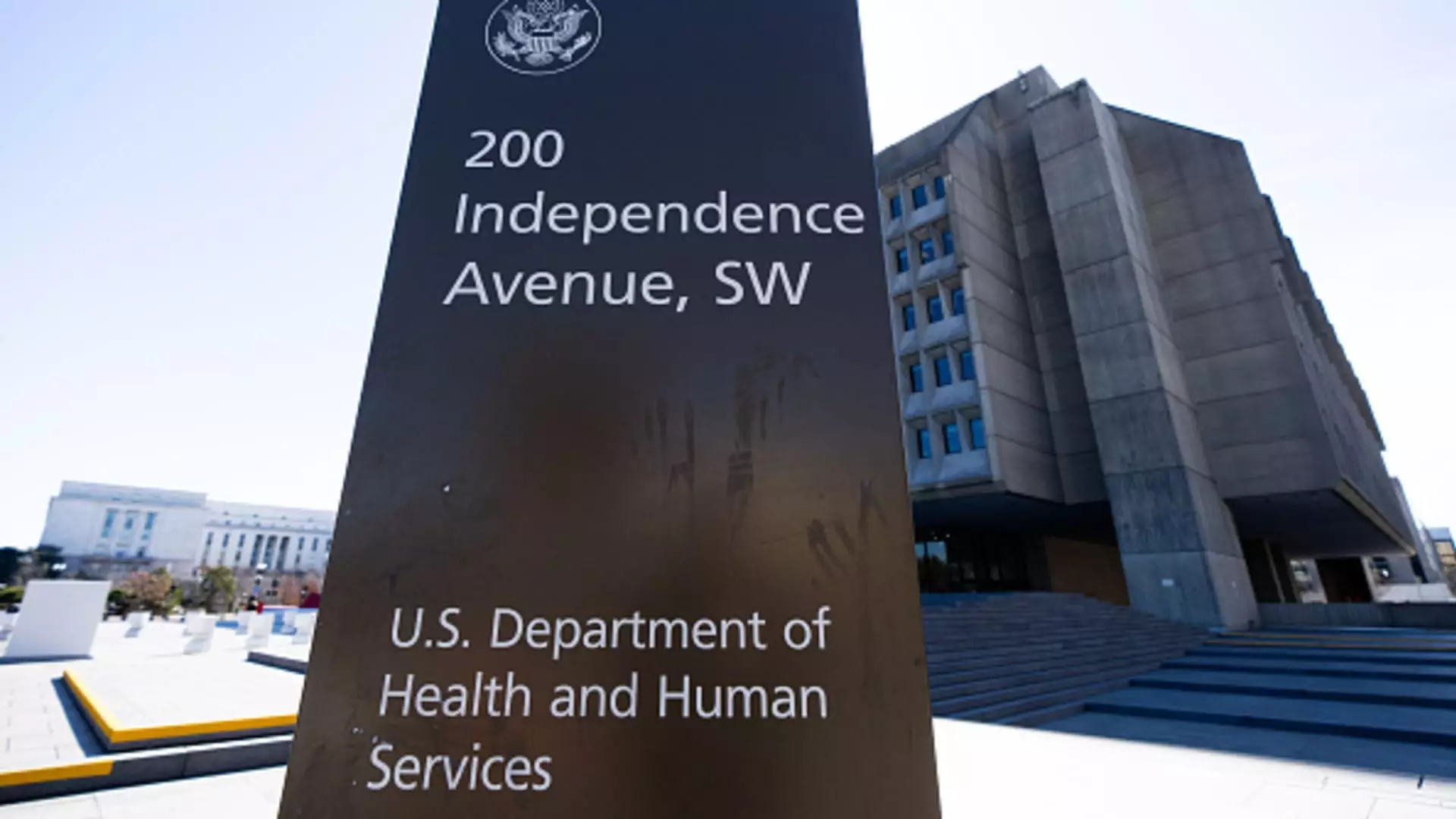The recent shake-up at the U.S. Department of Health and Human Services (HHS) represents one of the most alarming and reckless moves in American public health policy in recent years. With plans to cut about one-quarter of its workforce, this drastic overhaul threatens not only the jobs of nearly 10,000 dedicated public servants but the overall effectiveness of health services in an already vulnerable system. Under the leadership of Health Secretary Robert F. Kennedy Jr., the vision behind this shockwave of layoffs isn’t just about downsizing; it’s a dangerous ideological shift that appears to prioritize politics over science and public welfare.
These aren’t mere bureaucratic changes; they represent a systematic dismantling of institutions designed to protect American health and safety. Agencies responsible for disease monitoring, research, food safety, and health insurance programs are being realigned under a newly proposed office, the Administration for a Healthy America. Many may naïvely assume that such a restructuring could lead to better efficiency or innovative pathways for health management. However, given the specific targets of these cuts and their sheer magnitude, it suggests a misguided strategy that could compromise public health across the country.
The Human Cost of Political Posturing
Senator Patty Murray’s dire warnings reflect a growing concern that these layoffs will have dire repercussions in the face of public health emergencies. With the ongoing threats posed by infectious diseases and natural disasters, the timing of these cuts seems not only irresponsible, but potentially catastrophic. The conscious decision to streamline operations by targeting crucial positions in finance, human resources, and essential research institutions lacks any semblance of foresight or understanding of public health dynamics.
The fallout is already being felt at the state and local levels, with countless health departments forced to grapple with severe funding losses — particularly as HHS attempts to retract a staggering $11 billion in COVID-19-related funds. Local health agencies often serve as the first line of defense in the fight against outbreaks and health crises. The risk of job eliminations, which some officials report occurring practically overnight, threatens the very fabric that holds community health services together.
Union Rights in Jeopardy
Beyond the grim realities of layoffs, the erosion of collective bargaining rights marks yet another step back for workers and public servants fulfilling one of society’s most noble callings. The executive order signed by President Trump undermining union rights heightens the urgency of this situation. By stripping employees of their hard-won protections, we inadvertently give unchecked power to a system less accountable to the public it aims to serve. When the freedoms to organize and advocate for safe working conditions are compromised, we invite decayed structures and environments that inhibit sustainable public health initiatives.
The sentiment echoed by Democratic lawmakers — that this assault on civil servant unionism represents an unadulterated act of belt-tightening politics — resonates deeply with anyone concerned about the future of American governance. Supporting the dismantling of labor rights further erodes the capacity of federal agencies to function effectively.
Misguided Philosophies of Efficiency
The assertions made by Kennedy about turning inefficiencies into streamlined successes almost seem like a mantra for the ideologically driven reforms sweeping the agency. However, the reality is that reducing workforce sizes in every critical agency responsible for the safety of American lives doesn’t guarantee enhanced performance. The flawed assumption that less is more can lead us down a treacherous path. The complexities of public health require robust staffing and solid organizational frameworks that promote research, education, and prevention strategies.
Kennedy’s belief that consolidating agencies and cutting back on personnel will ultimately improve health outcomes stands at odds with all empirical evidence. Global public health challenges are multifaceted and cannot simply be approached through the lens of budget cuts. In fact, these layoffs run the risk of repeating the mistakes of the past when negligence led to widespread health crises, further disenfranchising communities that are already at a disadvantage.
The Path Forward: Recognizing Health as a Fundamental Right
In times of crisis, our response should reflect our commitment to public health as a basic human right, not a fiscal liability. As citizens, we must humanize the statistics behind these cuts and remember that each job lost echoes into communities where people are at their most vulnerable. Our political leaders must prioritize health over ideology. The American public deserves a government that uplifts its citizens, provides for their well-being, and fosters a society where everyone has access to the essential services needed for a healthy life. Reform is necessary, but not at the hazard of life itself.


Leave a Reply